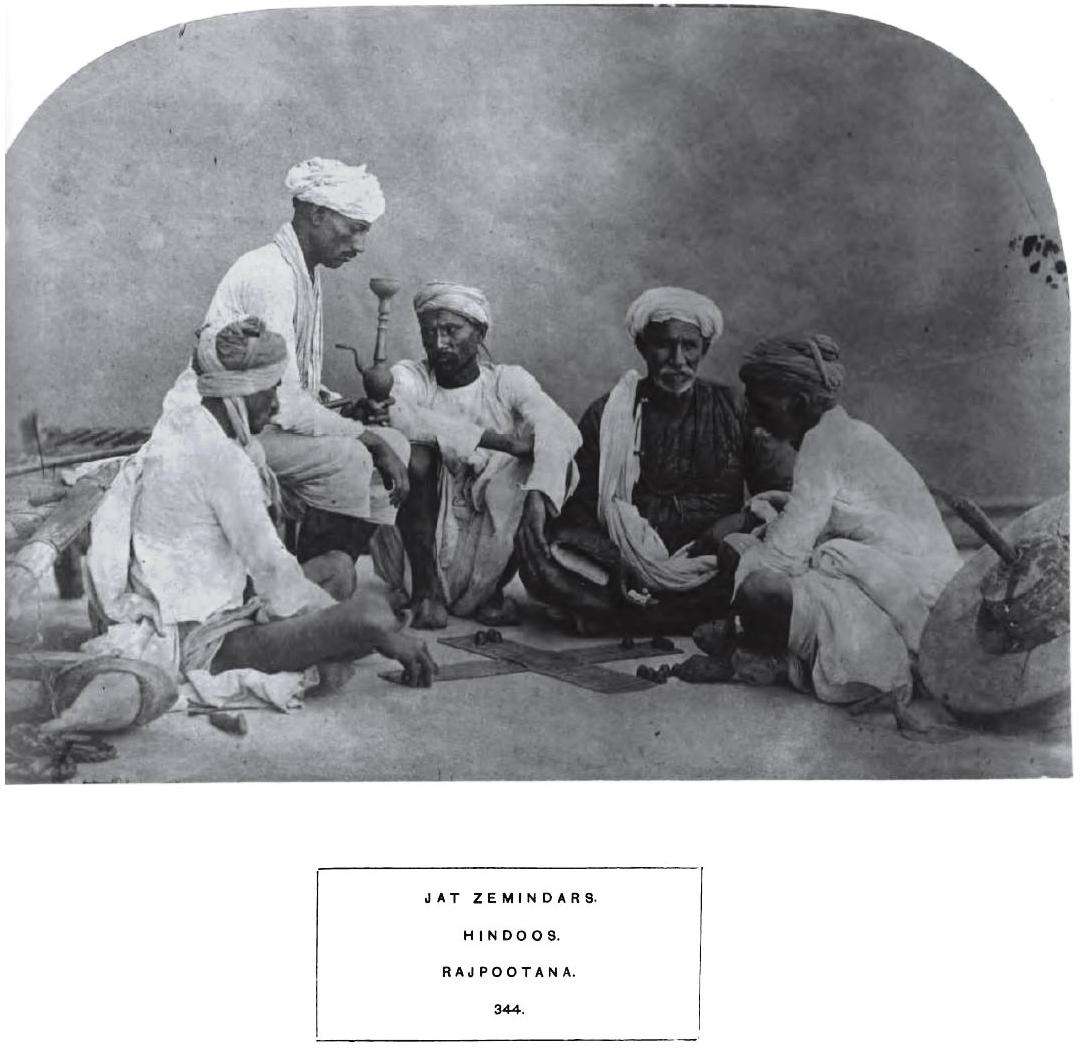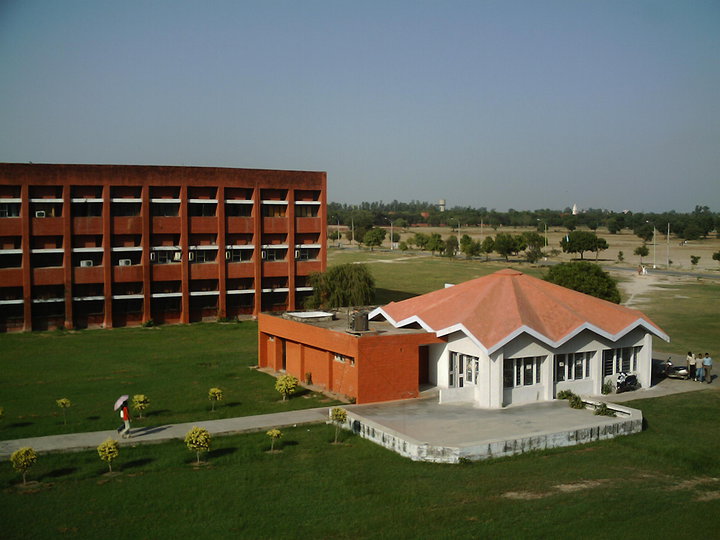|
Fazli Husein
Sir Mian Fazl-i-Husain, KCSI (14 June 1877 – 9 July 1936) was an influential politician during the British Raj and a founding member of the Unionist Party of the Punjab. Biography Early life Husain was born in Peshawar to a Muslim Rajput family of Punjabi origins hailing from Gurdaspur in 1877. His father Mian Husain Bakhsh was at the time serving as Extra Assistant Commissioner in Peshawar. At the age of sixteen he entered Government College, Lahore and graduated with a BA in 1897.Azim Husain, Fazl i Husain A Political Biography, Longmans, Green & Company, 1946 In 1896, he married Muhammad Nisa, great-granddaughter of Ilahi Bakhsh, the renowned general of the Sikh Khalsa Army. Fazl-i-Husain travelled to Britain in 1898 to further his education. He was admitted to Christ's College, Cambridge in 1899 and graduated with a BA in 1901. He had intended to enter the Indian Civil Service but was unsuccessful in the exams. He studied Oriental languages and law at Cambridge and wa ... [...More Info...] [...Related Items...] OR: [Wikipedia] [Google] [Baidu] |
Order Of The Star Of India
The Most Exalted Order of the Star of India is an order of chivalry founded by Queen Victoria in 1861. The Order includes members of three classes: # Knight Grand Commander (GCSI) # Knight Commander ( KCSI) # Companion ( CSI) No appointments have been made since the 1948 New Year Honours, shortly after the Partition of India in 1947. With the death in 2009 of the last surviving knight, the Maharaja of Alwar, the order became dormant. The motto of the order was "Heaven's Light Our Guide". The Star of India emblem, the insignia of order and the informal emblem of British India, was also used as the basis of a series of flags to represent the Indian Empire. The order was the fifth most senior British order of chivalry, following the Order of the Garter, Order of the Thistle, Order of St Patrick and Order of the Bath. It is the senior order of chivalry associated with the British Raj; junior to it is the Most Eminent Order of the Indian Empire, and there is also, for women ... [...More Info...] [...Related Items...] OR: [Wikipedia] [Google] [Baidu] |
Lahore
Lahore ( ; pnb, ; ur, ) is the second most populous city in Pakistan after Karachi and 26th most populous city in the world, with a population of over 13 million. It is the capital of the province of Punjab where it is the largest city. Lahore is one of Pakistan's major industrial and economic hubs, with an estimated GDP ( PPP) of $84 billion as of 2019. It is the largest city as well as the historic capital and cultural centre of the wider Punjab region,Lahore Cantonment globalsecurity.org and is one of Pakistan's most , progressiv ... [...More Info...] [...Related Items...] OR: [Wikipedia] [Google] [Baidu] |
Order Of The Indian Empire
The Most Eminent Order of the Indian Empire is an order of chivalry founded by Queen Victoria on 1 January 1878. The Order includes members of three classes: #Knight Grand Commander (GCIE) #Knight Commander ( KCIE) #Companion ( CIE) No appointments have been made since 1947, the year that British India gained independence as the Union of India and Dominion of Pakistan. With the death of the last surviving knight, the Maharaja Meghrajji III of Dhrangadhra, the order became dormant in 2010. The motto of the Order is ''Imperatricis auspiciis'', (Latin for "Under the auspices of the Empress"), a reference to Queen Victoria, the first Empress of India. The Order is the junior British order of chivalry associated with the British Indian Empire; the senior one is The Most Exalted Order of the Star of India. History The British founded the Order in 1878 to reward British and native officials who served in British India. The Order originally had only one class (Companion), but exp ... [...More Info...] [...Related Items...] OR: [Wikipedia] [Google] [Baidu] |
Jat People
The Jat people ((), ()) are a traditionally agricultural community in Northern India and Pakistan. Originally pastoralists in the lower Indus river-valley of Sindh, Jats migrated north into the Punjab region in late medieval times, and subsequently into the Delhi Territory, northeastern Rajputana, and the western Gangetic Plain in the 17th and 18th centuries. Quote: "Hiuen Tsang gave the following account of a numerous pastoral-nomadic population in seventh-century Sin-ti (Sind): 'By the side of the river.. f Sind along the flat marshy lowlands for some thousand li, there are several hundreds of thousands very great manyfamilies ..hichgive themselves exclusively to tending cattle and from this derive their livelihood. They have no masters, and whether men or women, have neither rich nor poor.' While they were left unnamed by the Chinese pilgrim, these same people of lower Sind were called Jats' or 'Jats of the wastes' by the Arab geographers. The Jats, as 'dromedary men.' we ... [...More Info...] [...Related Items...] OR: [Wikipedia] [Google] [Baidu] |
Chhotu Ram
Sir Chhotu Ram (born Ram Richpal; 24 November 1881 – 9 January 1945) was a prominent politician in British India's Punjab Province, an ideologue of the pre-Independent India, who belonged to the Jat community and championed the interest of oppressed communities of the Indian subcontinent. For this feat, he was knighted in 1937. On the political front, he was a co-founder of the National Unionist Party which ruled the United Punjab Province in pre-independent India and kept Congress and Muslim League at bay. In 1916, he brought out a weekly newspaper named Jat Gazette, which is still being published today. Early life Chhotu Ram was born as Ram Richpal in a Jat family in the village of Garhi Sampla, Rohtak district, Punjab Province. His parents were Chaudhari Sukhiram Singh Ohlyan and Sarla Devi. He acquired the nickname Chhotu Ram as he was the youngest of his brothers. He was married to a Jat girl of Village Kheri Jat, Jhajjar. Chhotu Ram joined primary school in January ... [...More Info...] [...Related Items...] OR: [Wikipedia] [Google] [Baidu] |
Sikh
Sikhs ( or ; pa, ਸਿੱਖ, ' ) are people who adhere to Sikhism, Sikhism (Sikhi), a Monotheism, monotheistic religion that originated in the late 15th century in the Punjab region of the Indian subcontinent, based on the revelation of Guru Nanak. The term ''Sikh'' has its origin in the word ' (), meaning 'disciple' or 'student'. Male Sikhs generally have ''Singh'' ('lion'/'tiger') as their last name, though not all Singhs are necessarily Sikhs; likewise, female Sikhs have ''Kaur'' ('princess') as their last name. These unique last names were given by the Gurus to allow Sikhs to stand out and also as an act of defiance to India's caste system, which the Gurus were always against. Sikhs strongly believe in the idea of "Sarbat Da Bhala" - "Welfare of all" and are often seen on the frontline to provide humanitarian aid across the world. Sikhs who have undergone the ''Amrit Sanchar'' ('baptism by Khanda (Sikh symbol), Khanda'), an initiation ceremony, are from the day of thei ... [...More Info...] [...Related Items...] OR: [Wikipedia] [Google] [Baidu] |
Hindu
Hindus (; ) are people who religiously adhere to Hinduism.Jeffery D. Long (2007), A Vision for Hinduism, IB Tauris, , pages 35–37 Historically, the term has also been used as a geographical, cultural, and later religious identifier for people living in the Indian subcontinent. The term ''"Hindu"'' traces back to Old Persian which derived these names from the Sanskrit name ''Sindhu'' (सिन्धु ), referring to the river Indus. The Greek cognates of the same terms are "''Indus''" (for the river) and "''India''" (for the land of the river). The term "''Hindu''" also implied a geographic, ethnic or cultural identifier for people living in the Indian subcontinent around or beyond the Sindhu (Indus) River. By the 16th century CE, the term began to refer to residents of the subcontinent who were not Turkic or Muslims. Hindoo is an archaic spelling variant, whose use today is considered derogatory. The historical development of Hindu self-identity within the local In ... [...More Info...] [...Related Items...] OR: [Wikipedia] [Google] [Baidu] |
Muslim
Muslims ( ar, المسلمون, , ) are people who adhere to Islam, a monotheistic religion belonging to the Abrahamic tradition. They consider the Quran, the foundational religious text of Islam, to be the verbatim word of the God of Abraham (or '' Allah'') as it was revealed to Muhammad, the main Islamic prophet. The majority of Muslims also follow the teachings and practices of Muhammad ('' sunnah'') as recorded in traditional accounts (''hadith''). With an estimated population of almost 1.9 billion followers as of 2020 year estimation, Muslims comprise more than 24.9% of the world's total population. In descending order, the percentage of people who identify as Muslims on each continental landmass stands at: 45% of Africa, 25% of Asia and Oceania (collectively), 6% of Europe, and 1% of the Americas. Additionally, in subdivided geographical regions, the figure stands at: 91% of the Middle East–North Africa, 90% of Central Asia, 65% of the Caucasus, 42% of Southeast As ... [...More Info...] [...Related Items...] OR: [Wikipedia] [Google] [Baidu] |
Montagu–Chelmsford Reforms
The Montagu–Chelmsford Reforms or more briefly known as the Mont–Ford Reforms, were introduced by the colonial government to introduce self-governing institutions gradually in British India. The reforms take their name from Edwin Montagu, the Secretary of State for India from 1917 to 1922, and Lord Chelmsford, the Viceroy of India between 1916 and 1921. The reforms were outlined in the Montagu-Chelmsford Report, prepared in 1918, and formed the basis of the Government of India Act 1919. These are related to constitutional reforms. Indian nationalists considered that the reforms did not go far enough, while British conservatives were critical of them. The important features of this act were that: 1. The Imperial Legislative Council was now to consist of two houses: the Central Legislative Assembly and the Council of State. 2. The provinces were to follow the ''Dual Government System'' or ''dyarchy''. Background Edwin Montagu became Secretary of State for India in June 1917 ... [...More Info...] [...Related Items...] OR: [Wikipedia] [Google] [Baidu] |
Mahatma Gandhi
Mohandas Karamchand Gandhi (; ; 2 October 1869 – 30 January 1948), popularly known as Mahatma Gandhi, was an Indian lawyer, anti-colonial nationalist Quote: "... marks Gandhi as a hybrid cosmopolitan figure who transformed ... anti-colonial nationalist politics in the twentieth-century in ways that neither indigenous nor westernized Indian nationalists could." and political ethicist Quote: "Gandhi staked his reputation as an original political thinker on this specific issue. Hitherto, violence had been used in the name of political rights, such as in street riots, regicide, or armed revolutions. Gandhi believes there is a better way of securing political rights, that of nonviolence, and that this new way marks an advance in political ethics." who employed nonviolent resistance to lead the successful campaign for India's independence from British rule, and to later inspire movements for civil rights and freedom across the world. The honorific ''Mahātmā'' (Sanskrit ... [...More Info...] [...Related Items...] OR: [Wikipedia] [Google] [Baidu] |
Non-cooperation Movement
The Non-cooperation movement was a political campaign launched on 4 September 1920, by Mahatma Gandhi to have Indians revoke their cooperation from the British government, with the aim of persuading them to grant self-governance.Noncooperation movement " ''Encyclopædia Britannica'', December 15, 2015. Retrieved 2021-08-10.Wright, Edmund, ed. 2006. non-cooperation (in British India) " ''A Dictionary of World History'' (2nd ed.). Oxford University Press. ISBN 9780192807007. This came as result of the |

.png)



.jpg)


